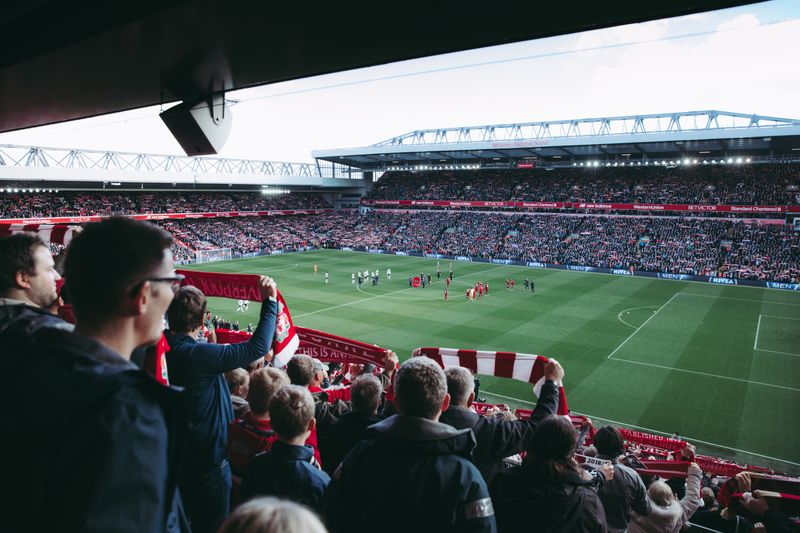Canal+ and TF1: The challenge of broadcasting the UEFA Champions League Finals
Introduction
On May 28th, 2022, Liverpool and Real Madrid were scheduled to play the UEFA Champions League final in Saint Petersburg, Russia, in what was supposed to be an exciting game. However, due to the conflict in Ukraine, the UEFA was forced to relocate the match to the Stade de France in Saint-Denis, Seine-Saint-Denis, at short notice. It presented many challenges for Canal+, given that the game would be watched by about 400 million viewers worldwide. Canal+ had to create an ambitious technological setup, which included positioning 32 cameras around the field to capture the action.
While the serious incidents that occurred around the stadium delayed the game for thirty-six minutes, the audience turnout was respectable. TF1 and Canal+ recorded a total viewership of about seven million viewers in France. This turnout was a tremendous improvement compared to the viewership figures of previous UEFA championships finals. However, despite being regarded as a “Major Sporting Event,” according to the French “Freedom of Communication Act” of 2004, the UEFA Champions League finals had often disappointed in the past.
Broadcasting Difficulties
The primary reason for the low turnouts in the past UEFA finals is due to the unavailability on free-to-air platforms, except for the few times that Altice, RMC Sport’s parent company, made the games available on some of its free channels. For example, the 2018 Real Madrid-Liverpool final held in Kiev was broadcasted on C8, a free channel under Canal+. The match only recorded 3.7 million viewers. The 2019 Liverpool-Tottenham final in Madrid was broadcasted on BFM-TV, another free channel under Altice. However, the game could only accumulate 2.5 million viewers in France. The trend continued in the final’s 2021 edition, played between Manchester City and Chelsea, which was broadcasted freely on RMC Story and attracted only 2.4 million viewers.
Exceptional Viewership
In 2020, the UEFA Champions League final offered a rare chance for French clubs to compete, with PSG playing against Bayern Munich in Lisbon. The game was broadcasted on TF1, and the channel’s eagerness to capture the record audience made them purchase the rights from Altice. In the end, the game captured an audience of approximately 11.5 million viewers, breaking the record for viewership in France since 2004. For context, the last game featuring a French club was the AS Monaco vs. FC Porto final in Gelsenkirchen, Germany, in 2004, where 11 million viewers watched Monaco lose.
Expectations & Conclusion
This year’s final was contested between two non-French sides, Manchester City and Inter Milan, and fans’ lack of enthusiasm for this matchup could result in lower viewer turnout. One significant reason attributed to the low turnout of UEFA finals is the absence of French football clubs from the competition. While French football has suffered a lack of success in recent years, the exception of PSG’s final in 2020 provides some hope for the future.
In conclusion, the UEFA Champions League finals offer an excellent opportunity for broadcasters to showcase their capability and stay ahead of the competition. However, free-to-air platforms should be the primary broadcaster for such events to ensure maximum viewership, more than just French audiences.

<< photo by Tembela Bohle >>
You might want to read !
- Beachgoers Beware: Shark Attack Prompts Ban in Hurghada, Egypt
- Egypt Shuts Down Beaches After Fatal Shark Attack
- Analyzing the Dallas Cowboys 2023 schedule: Game highlights and broadcast information
- Inter Milan: The Final Obstacle to City’s Glory
- Exploring Toronto’s New Holocaust Museum: Sharing the Stories of Dozens of Survivors
- “Knife attack leaves several children injured in France”
- “Lionel Messi to Continue his Career in Miami: A Game-Changer for MLS”
- Remembering Mike Batayeh: The Life and Legacy of the Late Breaking Bad Actor
- The Rise of Mike Batayeh: From Comedian to Manager of ‘Breaking Bad’ Laundromat




